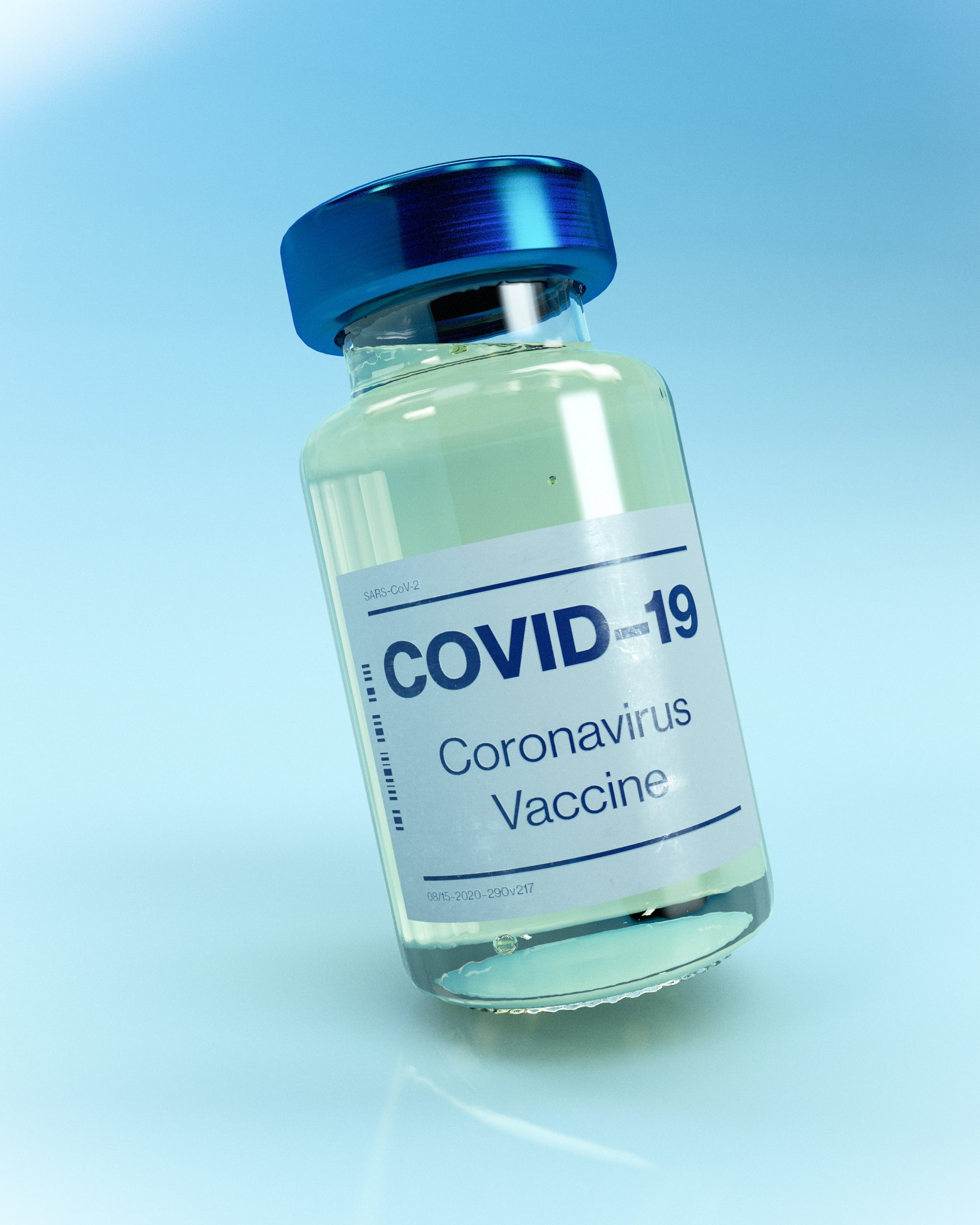The pandemic might be ending soon, with pharmaceutical giants Pfizer and BioNTech announcing that early analysis of their vaccine showed 95% effectiveness in preventing COVID-19 infections among those who had not been infected before.
In a statement, BioNTech co-founder and chief executive Professor Ugur Sahin said the vaccine could reduce the virus’s transmission by half. Sahin further added that it could result in a “dramatic reduction” in the number of daily reported cases.
Former Food and Drugs Administration commissioner and Pfizer board member Dr. Scott Gottlieb said the vaccine could be available in limited use in late December and be available for wide distribution by late 2021.
Pfizer’s results came from a test conducted by an independent group of experts that oversee U.S. clinical trials. The results revealed that the vaccine—which requires two doses—provided protection from COVID-19 around 28 days after the initial vaccination. The final vaccine efficacy percentage may still vary as additional data continues to arrive.
In an interview with CNBC’s Meg Tirrel, Pfizer Chairman and CEO Dr. Albert Bourla said the development was “a great day for science and humanity.”
“I believe this is likely the most significant medical advance in the last 100 years, if you count the impact this will have in public health, global economy,” he added.
This is a highly significant development, given that most scientists were only expecting a 75% effective coronavirus vaccine. In an interview, White House coronavirus advisor Dr. Anthony Fauci even said that a vaccine that’s only 50% to 60% would be acceptable, given that public health measures are still maintained.
Challenges remain
Hopes are high for Pfizer and BioNTech’s vaccine. However, experts are still forecasting difficulties in rolling out the vaccine on a scale that would make a difference.
Pfizer and BioNTech project that they will be able to produce up to 50 million vaccine doses in 2020 and 1.3 billion doses in 2021. Besides the limited supply, the logistics involved in delivering hundreds of millions of coronavirus vaccines worldwide is also a gargantuan challenge due to the need for supercooled containers. This is because Pfizer’s vaccine needs to be stored at minus 94 degrees Fahrenheit. Moderna, another vaccine with similar efficacy, needs to be stored at minus four degrees Fahrenheit.
According to some sources, Pfizer plans to use suit-case-sized boxes from manufacturing centers in Kalamazoo, Michigan, and Puurs Belgium onto at least two dozen trucks daily. This amounts to the transit of roughly 7.6 million doses to nearby airports.
Conclusion
Scientists are hopeful that a vaccine to prevent COVID-19 will be available globally by the first half of 2021, approximately 12 to 18 months since the disease surfaced in China. It’s worth noting that it will be a record-breaking speed as far as vaccine development is concerned if successful. By comparison, the fastest vaccine to be developed was for mumps, which took more than four years.
For now, top scientists are holding their breath. Pfizer and BioNTech are yet to submit the full data from their complete phase three trial. Upon submission, it will undergo an independent review before it can be distributed for public consumption.
Dose of Healthcare is your top source of healthcare news. We provide fresh, accurate, and relevant medical news articles to keep medical professionals in the loop of what’s happening in the industry. Check back regularly for frequent updates!


















